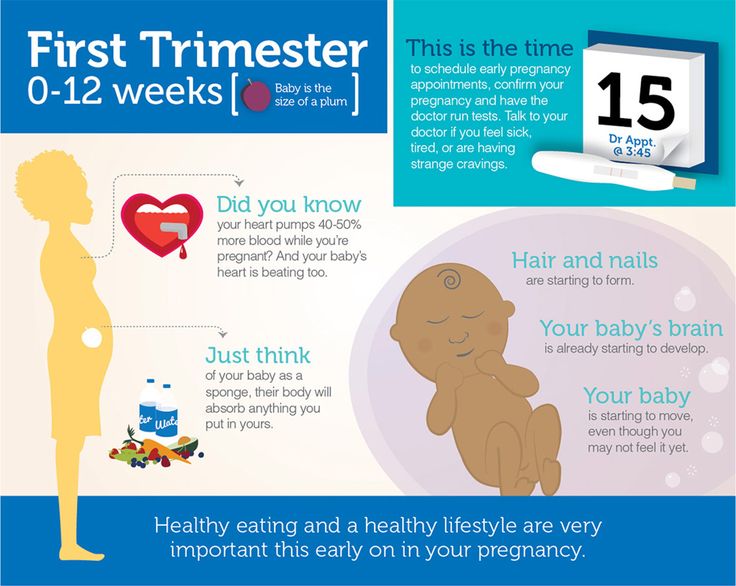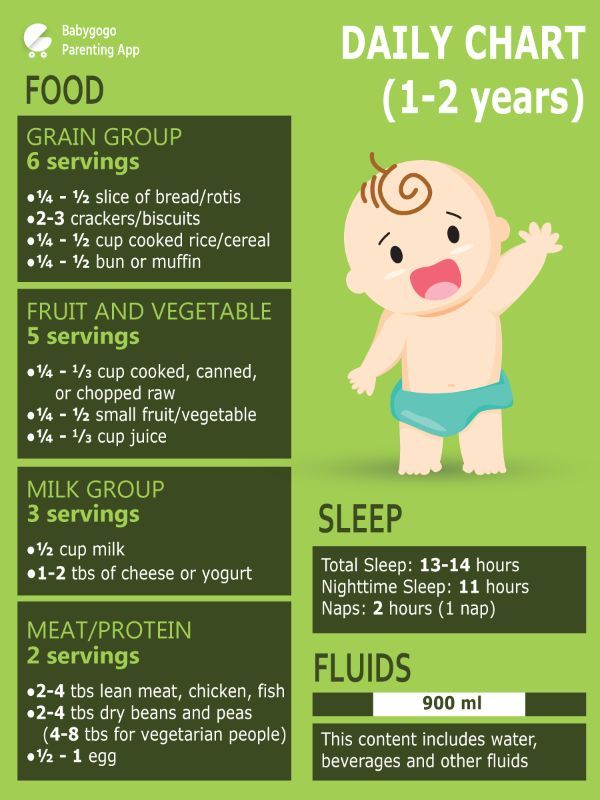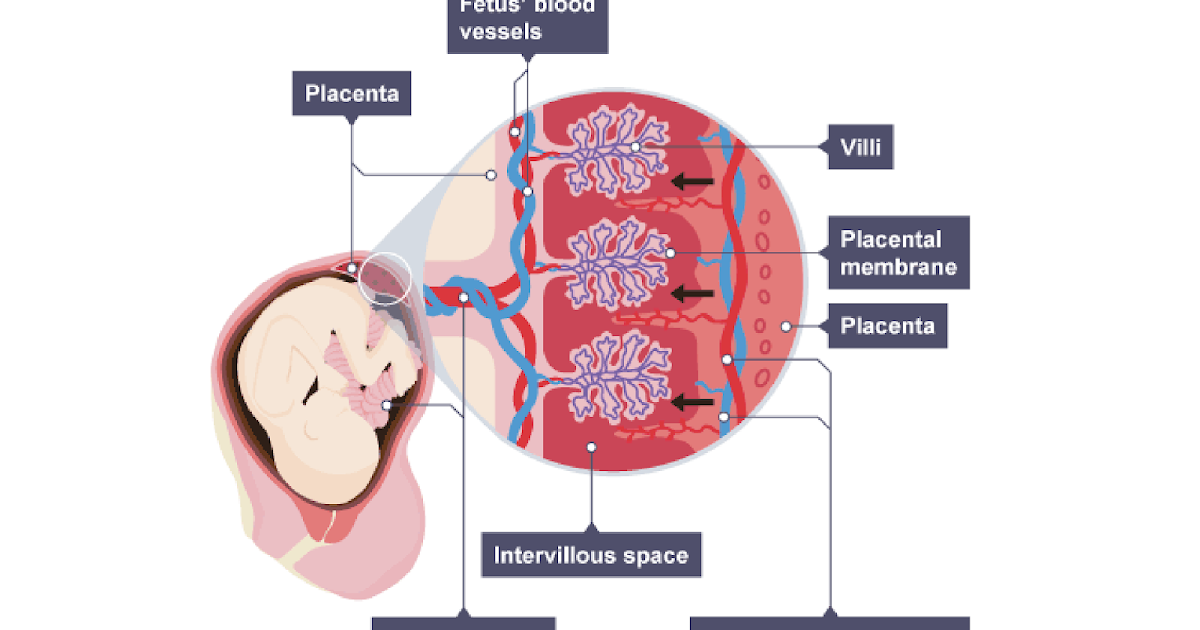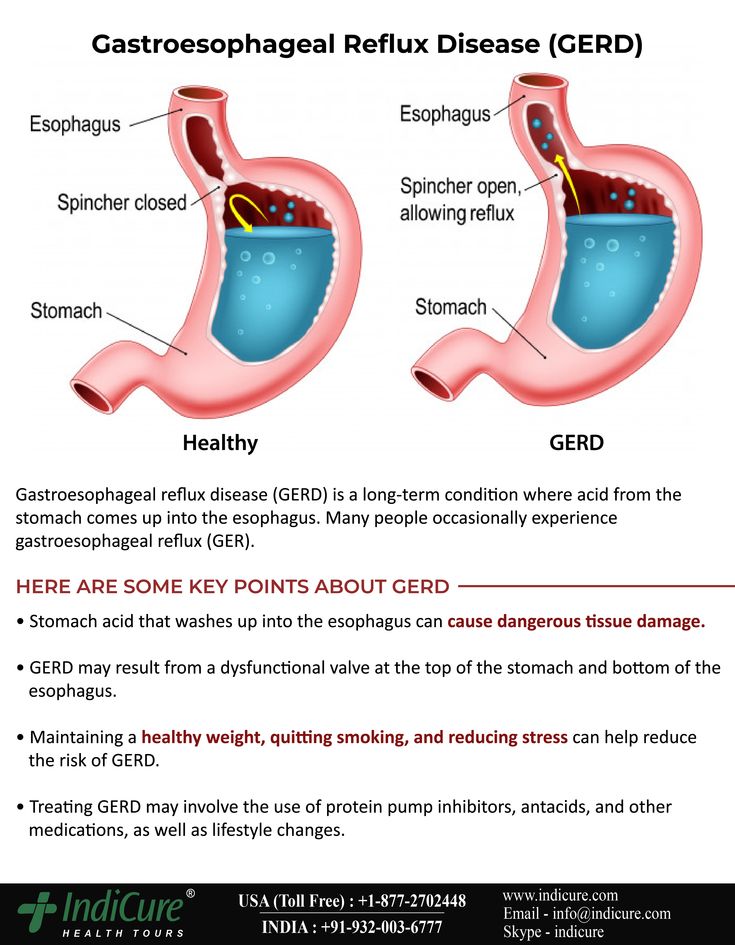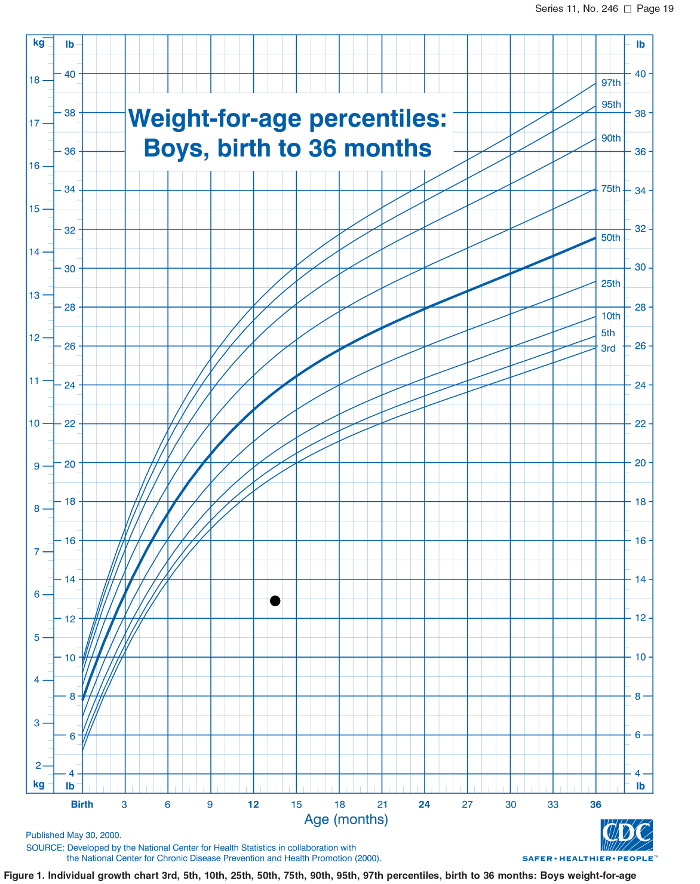How early does heartburn start in pregnancy
Indigestion and heartburn in pregnancy
Indigestion, also called heartburn or acid reflux, is common in pregnancy. It can be caused by hormonal changes and the growing baby pressing against your stomach.
You can help ease indigestion and heartburn by making changes to your diet and lifestyle, and there are medicines that are safe to take in pregnancy.
Symptoms of indigestion and heartburn
Symptoms of indigestion and heartburn include:
- a burning sensation or pain in the chest
- feeling full, heavy or bloated
- burping or belching
- feeling or being sick
- bringing up food
Symptoms usually come on soon after eating or drinking, but there can sometimes be a delay between eating and developing indigestion.
You can get symptoms at any point during your pregnancy, but they are more common from 27 weeks onwards.
Things you can do to help with indigestion and heartburn
Changes to your diet and lifestyle may be enough to control your symptoms, particularly if they are mild.
Eat healthily
You're more likely to get indigestion if you're very full.
If you're pregnant, it may be tempting to eat more than you would normally, but this may not be good for you or your baby.
Find out more about a healthy diet in pregnancy and foods to avoid.
Change your eating and drinking habits
You may be able to control your indigestion with changes to your eating habits.
It can help to eat small meals often, rather than larger meals 3 times a day, and to not eat within 3 hours of going to bed at night.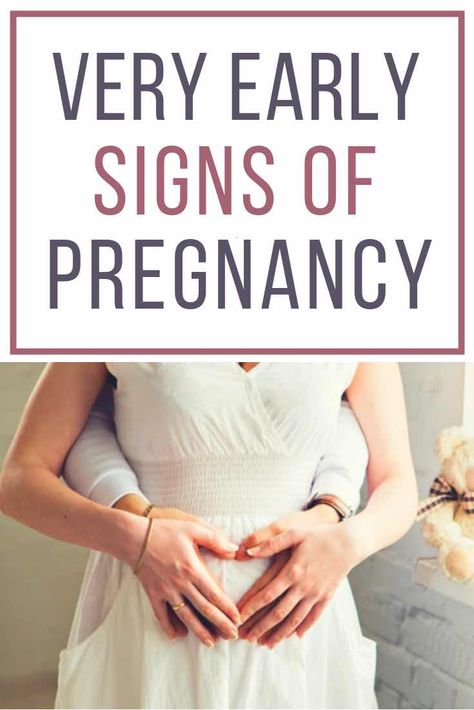
Cutting down on drinks containing caffeine, and foods that are rich, spicy or fatty, can also ease symptoms.
Keep upright
Sit up straight when you eat. This will take the pressure off your stomach. Propping your head and shoulders up when you go to bed can stop stomach acid coming up while you sleep.
Stop smoking
Smoking when pregnant can cause indigestion, and can seriously affect the health of you and your unborn baby.
When you smoke, the chemicals you inhale can contribute to your indigestion. These chemicals can cause the ring of muscle at the lower end of your gullet to relax, which allows stomach acid to come back up more easily. This is known as acid reflux.
Smoking also increases the risk of:
- your baby being born prematurely (before week 37 of your pregnancy)
- your baby being born with a low birthweight
- sudden infant death syndrome (SIDS), or "cot death"
There's lots of help available to stop smoking. Talk to your midwife or call the NHS Smokefree helpline on 0300 123 1044. Find out more about stopping smoking in pregnancy.
Talk to your midwife or call the NHS Smokefree helpline on 0300 123 1044. Find out more about stopping smoking in pregnancy.
Avoid alcohol
Drinking alcohol can cause indigestion. During pregnancy, it can also lead to long-term harm to the baby. It's safest to not drink alcohol at all in pregnancy.
Find out more about alcohol and pregnancy
When to get medical help
See your midwife or GP if you need help managing your symptoms or if changes to your diet and lifestyle do not work. They may recommend medicine to ease your symptoms.
You should also see your midwife or GP if you have any of the following:
- difficulty eating or keeping food down
- weight loss
- stomach pains
Your midwife or GP may ask about your symptoms and examine you by pressing gently on different areas of your chest and stomach to see whether it's painful.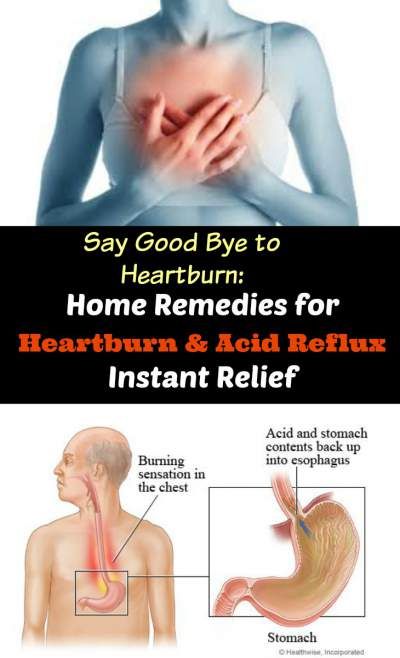
If you're taking prescription medicines
Speak to your GP if you're taking medicine for another condition, such as antidepressants, and you think it may be making your indigestion worse. They may be able to prescribe an alternative medicine.
Never stop taking a prescribed medicine unless you're advised to do so by your GP or another qualified healthcare professional who's responsible for your care.
Medicines for indigestion and heartburn
Medicines for indigestion and heartburn during pregnancy include:
- antacids – to neutralise the acid in your stomach (some are available over the counter from a pharmacist)
- alginates – to relieve indigestion caused by acid reflux by stopping the acid in your stomach coming back up your gullet
You may only need to take antacids and alginates when you start getting symptoms.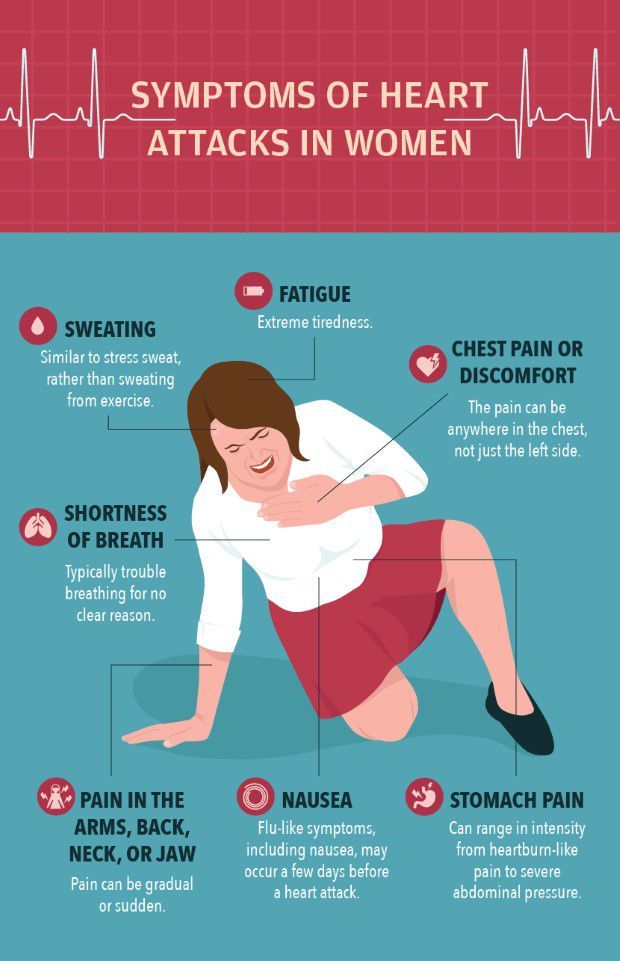 However, your GP may recommend taking them before symptoms come on – for example, before a meal or before bed.
However, your GP may recommend taking them before symptoms come on – for example, before a meal or before bed.
If you're taking iron supplements as well as antacids, do not take them at the same time. Antacids can stop iron from being absorbed by your body.
If antacids and alginates do not improve your symptoms, your GP may prescribe a medicine to reduce the amount of acid in your stomach. 2 that are widely used in pregnancy and not known to be harmful to an unborn baby are:
- ranitidine – a tablet you take twice a day
- omeprazole – a tablet you take once a day
Causes of indigestion in pregnancy
Symptoms of indigestion come when the acid in your stomach irritates your stomach lining or your gullet. This causes pain and a burning feeling.
When you're pregnant, you're more likely to have indigestion because of:
- hormonal changes
- the growing baby pressing on your stomach
- the muscles between your stomach and gullet relaxing, allowing stomach acid to come back up
You may be more likely to get indigestion in pregnancy if:
- you had indigestion before you were pregnant
- you've been pregnant before
- you're in the later stages of pregnancy
Video: Eating well on a budget
In this video, a dietitian gives advice on how to eat healthily on a budget.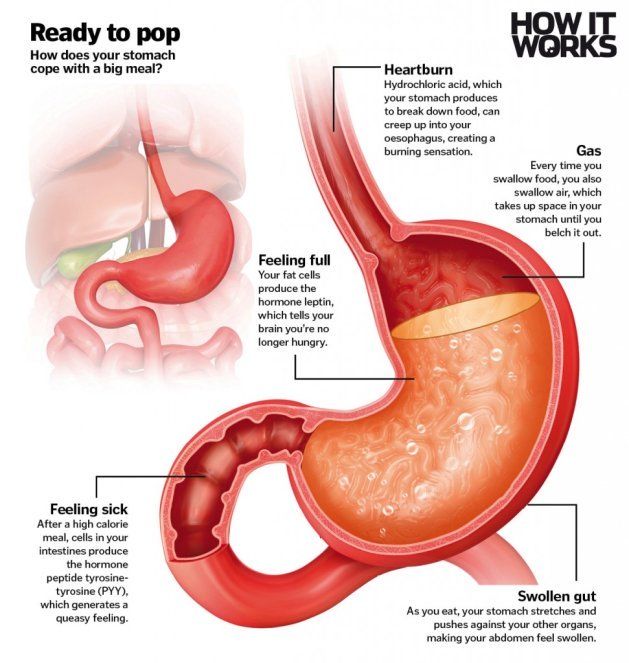
Media last reviewed: 13 January 2021
Media review due: 13 January 2024
Is Heartburn a Sign of Early Pregnancy?| TUMS
There are so many noticeable changes going on in your body when you’re pregnant. But there are also subtle symptoms of pregnancy you may have before you know you're pregnant. You might be wondering, is heartburn an early pregnancy sign?
Let’s take a look at heartburn and how it might relate to pregnancy symptoms, as well as how to manage some discomfort you might be experiencing.
So, Is Heartburn an Early Sign of Pregnancy?It is—for some women.
Let’s back up a second and define “heartburn” because, for some women, it might be the first time they’ve experienced this digestive symptom. Heartburn is a term that describes a burning sensation in your chest. You feel heartburn when stomach acid refluxes, or seeps back up, into your esophagus, the part of the digestive track that connects your mouth to your stomach.
While every woman’s body is different, and you can certainly experience heartburn and indigestion without being pregnant, heartburn can occur at any point in a pregnancy1. So, a woman may experience heartburn as an early pregnancy symptom—even before she knows she’s pregnant.
If you have recently been experiencing symptoms of heartburn and indigestion and think you might be pregnant, see your doctor.
Will I experience heartburn while I am pregnant?Possibly—and likely. Many women experience heartburn beyond their first trimester of pregnancy2. There are a few reasons why:
Hormones relax muscles…During pregnancy, a rising level of the hormone progesterone relaxes the valve (known as the lower esophageal sphincter) that separate the stomach and esophagus. As a result, stomach acids can flow back into your esophagus2 and lead to some of the classic uncomfortable heartburn feelings that come with acid indigestion.
Additional hormones slow digestion, which mean food may stay in your stomach longer2 and lead to a higher likelihood of acid indigestion.
The uterus crowds other organsLater, as a pregnancy progresses and the uterus expands, it puts pressure on other organs in the abdomen3—including the stomach.
So, a stomach getting pushed out of place, with the food in it lingering longer, and a valve to the throat that’s a bit looser. The result? Heartburn.
A baby with lots of hair?You might have heard the old wives’ tale that having heartburn while pregnant means you’ll deliver a baby with a more hair on its head. One small scientific study years ago did find a correlation4! Make of that what you will.
Treatment for Heartburn and Acid Indigestion During Early PregnancyBefore jumping into the possible treatment options for pesky heartburn, confirm you are indeed pregnant with your trusted health care provider. They can help you better understand how to approach your symptoms and decide next steps.
They can help you better understand how to approach your symptoms and decide next steps.
If you are indeed pregnant and experiencing heartburn, we recommend taking the following measures to keep your heartburn symptoms at bay.3
- Avoid foods that flare up your symptoms. These might include spicy foods, fried foods or meals, caffeine such as coffee or soda. Create a journal of foods that you’ve noticed might cause upset stomach.
- Stay away from large meals just before bedtime. This can trigger acid reflux due to your sleeping position.
- Sleep with a pillow wedge that raises your head to deter acid reflux.
- Consult with your doctor to determine whether an antacid, like TUMS, would be right for you.
While it’s no fun to experience heartburn and acid indigestion, talk to your care provider about the many tools and resources to help you manage. Whether together you decide you should use TUMS to help manage your symptoms or find comfort in pairing antacids with other preventative measures, you have options.
Read more about heartburn and pregnancy and other heartburn and indigestion-related issues.
Sources
- Simerpal Kaur Gill, Caroline Maltepe and Gideon Koren. The effect of heartburn and acid reflux on the severity of nausea and vomiting of pregnancy. Canadian Journal of Gastroenterology, April 2009. 23(4):270-272. https://www.ncbi.nlm.nih.gov/pmc/articles/PMC2711677/
- Juan C Vazquez. Heartburn in pregnancy. BMJ (British Medical Journal) Clinic Evidence, 2015; 2015: 1411. https://www.ncbi.nlm.nih.gov/pmc/articles/PMC4562453/
- Pregnancy – signs and symptoms. Department of Health, State Government of Victoria, Australia. https://www.betterhealth.vic.gov.au/health/HealthyLiving/pregnancy-signs-and-symptoms.
- Kathleen A. Costigan, Heather L. Sipsma and Janet A. DiPietro. Pregnancy Folklore Revisited: The Case of Heartburn and Hair. Birth: Issues in Perinatal Care, November 2006.
 Volume 33, Issue 4 p. 311-314. https://onlinelibrary.wiley.com/doi/abs/10.1111/j.1523-536X.2006.00128.x
Volume 33, Issue 4 p. 311-314. https://onlinelibrary.wiley.com/doi/abs/10.1111/j.1523-536X.2006.00128.x
Article "Pregnancy and heartburn"
Hormonal changes that the body undergoes during pregnancy is the root cause of heartburn. In early pregnancy, the ovaries, and then the placenta, produce the hormone progesterone, one of the main functions of which is to relax the smooth muscles of the body, including the muscles of the uterus. Similarly, progesterone acts on other smooth muscles in our body, for example, the muscles of the esophagus, stomach, and intestines. Progesterone also has a relaxing effect on the sphincters (circular muscles), the main task of which is to separate the various organs of the gastrointestinal system from each other. Relaxation of the esophageal-gastric sphincter leads to the fact that in pregnant women its lumen is open, and hydrochloric acid, which is produced by the stomach, can be thrown into the esophagus, which causes an unpleasant sensation of pain and burning - heartburn.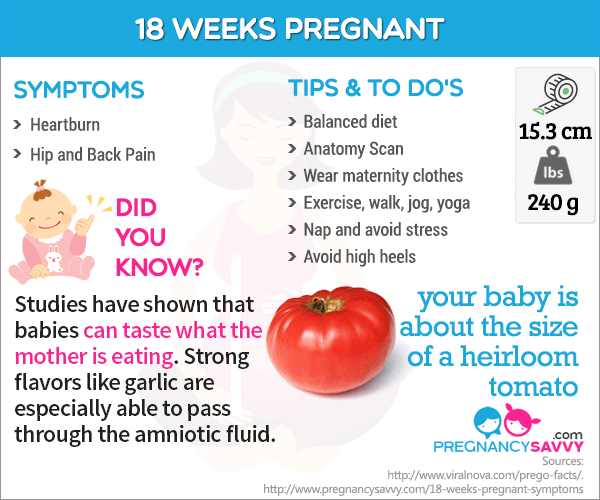 nine0003
nine0003
Another cause of heartburn in pregnant women is the weakening of motility - the wave-like movement of the gastrointestinal tract, slowing down the processes of digestion. Food passes through the digestive tract more slowly, lingering in the stomach. Heartburn in pregnant women is also provoked by the large size of the uterus, which increases intra-abdominal pressure and increases pressure on all the internal organs of the pregnant woman - the stomach and intestines as well. The stomach changes its location during pregnancy, pushed up and to the side by the uterus - all these factors also contribute to the violation of the motility of the esophagus, stomach and intestines and create conditions for the occurrence of heartburn. nine0003
Heartburn can start at any stage of pregnancy, but is most common in the second and third trimesters. As a rule, discomfort occurs after 24 weeks, when the uterus rises above the navel, and becomes especially severe after 30 weeks.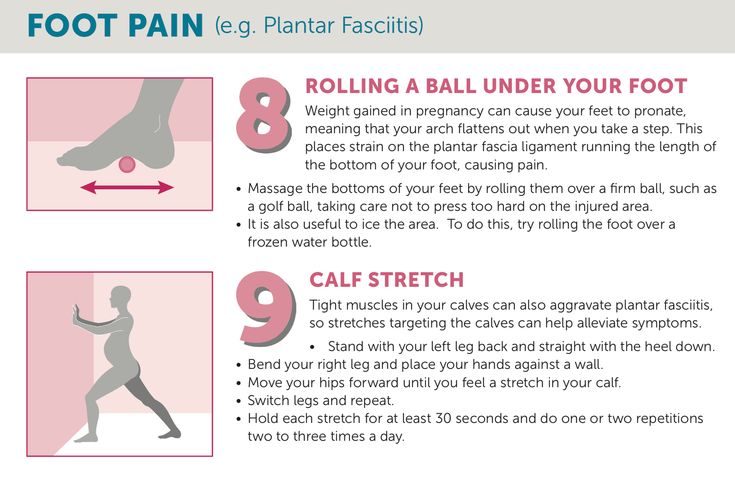 Especially intense heartburn can be in a woman if she had an increased acidity of gastric juice before pregnancy.
Especially intense heartburn can be in a woman if she had an increased acidity of gastric juice before pregnancy.
To avoid heartburn during pregnancy, first of all, you need to review your menu and exclude fatty, fried, spicy, salty foods from it, you must give up coffee and carbonated drinks. Include cereals, dairy products, lean meats and mashed vegetables in the diet. It is advisable to eat often and in small portions every 1.5-2 hours. Spend more time eating, remember to chew food thoroughly so that it is digested properly. Drink water between meals, not with meals. After a meal, it is not recommended to sit or lie down, but take a walk for some time (about 30-40 minutes). Try to avoid sharp torso bending after eating. Do not eat at night, the last meal is desirable 2-3 hours before going to bed. Remember to put an extra pillow under your head, sometimes this helps to cope with heartburn. And if heartburn still appears, you need to try to reduce it. nine0003
At the first signs of heartburn, you can drink a small amount of alkaline mineral water without gas or take a few sips of low-fat milk. Drink should be in small sips. Kissels work well. They envelop the esophagus and thus reduce burning sensation. The safest in the treatment of heartburn in pregnant women are antacids containing sodium bicarbonate, calcium carbonate, preparations containing magnesium and other substances. Antacids neutralize gastric acid, are not absorbed into the bloodstream and cannot affect the developing fetus. Caution should be taken only to antacids that contain aluminum - because of the theoretical risk of absorption of aluminum ions into the body of a pregnant woman and their penetration into the tissues of the fetus. The effect of medicinal herbs on a pregnant woman and fetus, their effectiveness, and most importantly, safety have not been sufficiently studied, therefore it is better to avoid the use of herbal remedies for this purpose during pregnancy. Many herbs have a relaxing effect on the smooth muscles of the gastrointestinal tract and thus, on the contrary, can provoke heartburn attacks.
Drink should be in small sips. Kissels work well. They envelop the esophagus and thus reduce burning sensation. The safest in the treatment of heartburn in pregnant women are antacids containing sodium bicarbonate, calcium carbonate, preparations containing magnesium and other substances. Antacids neutralize gastric acid, are not absorbed into the bloodstream and cannot affect the developing fetus. Caution should be taken only to antacids that contain aluminum - because of the theoretical risk of absorption of aluminum ions into the body of a pregnant woman and their penetration into the tissues of the fetus. The effect of medicinal herbs on a pregnant woman and fetus, their effectiveness, and most importantly, safety have not been sufficiently studied, therefore it is better to avoid the use of herbal remedies for this purpose during pregnancy. Many herbs have a relaxing effect on the smooth muscles of the gastrointestinal tract and thus, on the contrary, can provoke heartburn attacks.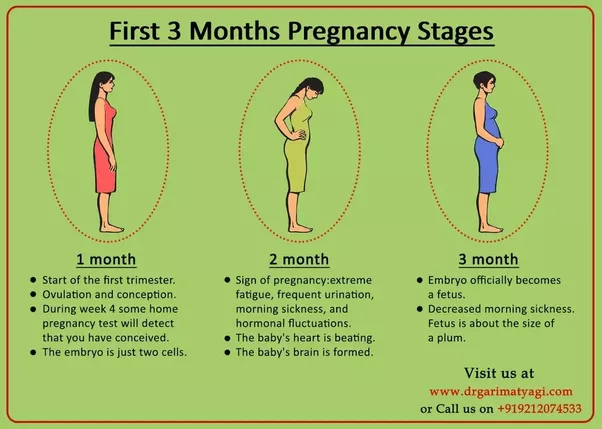 Some women find unroasted hazelnuts or almonds helpful. You need to chew a few nucleoli to a mushy state, and then swallow. Reduces the acidity of the stomach and milk, which is a natural antacid. It is recommended to drink during the day in small portions. nine0003
Some women find unroasted hazelnuts or almonds helpful. You need to chew a few nucleoli to a mushy state, and then swallow. Reduces the acidity of the stomach and milk, which is a natural antacid. It is recommended to drink during the day in small portions. nine0003
Despite all the discomfort during pregnancy heartburn, this condition does not affect the health of the fetus. But if heartburn during pregnancy is often a normal, physiological phenomenon, then outside of pregnancy, regular heartburn is a manifestation of the disease and a reason to see a doctor.
At the EMC School of Moms, you can ask any questions about pregnancy and childbirth to our experienced specialists.
How to get rid of heartburn during pregnancy
Boltovsky Vladimir Anatolievich
Pediatrician, Nephrologist
Children's Clinic "Mother and Child" Samara
If, after some time after eating, the expectant mother has a feeling of warmth or burning behind the sternum, then this is heartburn.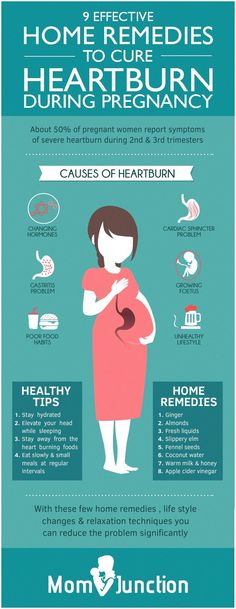
Not all antacids can be used during pregnancy. For example, drugs containing bismuth nitrate ( Vikalin and others) should not be taken by expectant mothers due to the fact that the effect of bismuth on the development of the child is unknown. nine0003
Heartburn usually appears after the 20th week of pregnancy and torments the expectant mother until the birth of the child.
what she looks like
If, after some time after eating, the expectant mother has a feeling of warmth or burning behind the sternum, then this is heartburn. And most often these unpleasant sensations occur in the evening. Heartburn usually appears after the 20th week of pregnancy and torments the expectant mother until the birth of the child. According to popular belief, she worries the expectant mother when the baby's hair grows. In fact, heartburn occurs due to the fact that the acidic contents of the stomach are thrown into the lower esophagus. This happens because during pregnancy, the muscular sphincter, located between the esophagus and stomach, relaxes under the influence of the hormone progesterone. Another cause of heartburn is an enlarged uterus (and it just increases greatly after the 20th week) presses on neighboring organs: the stomach, intestines. As a result, the volume of the stomach decreases and even the usual amount of food leads to its overflow and the reflux of food back into the esophagus. nine0003
Another cause of heartburn is an enlarged uterus (and it just increases greatly after the 20th week) presses on neighboring organs: the stomach, intestines. As a result, the volume of the stomach decreases and even the usual amount of food leads to its overflow and the reflux of food back into the esophagus. nine0003
what will help
If heartburn occurs infrequently and does not bother you much, then in order to reduce its symptoms, you just need to eat right and change your lifestyle. The simplest thing that helps with heartburn:
- Fractional meals: eat often 5-6 times a day with intervals of 1.5-2 hours and in small portions. Eat slowly, chewing your food thoroughly.
- Healthy food: Avoid fatty and fried foods and chocolate. All these products provoke additional relaxation of the esophageal sphincter. nine0048
- Heartburn usually occurs within the first two hours after eating, so do not lie down immediately after eating.
- Sleep with the head of the bed raised by adding another pillow.
simple remedies
The simplest thing that helps with heartburn is some foods. For example, a burning sensation behind the sternum perfectly removes low-fat milk, just a few sips - and heartburn goes away or is significantly reduced. Ice cream works the same way, as well as grapefruit and carrot juices. You can get rid of heartburn by eating nuts (walnuts, hazelnuts, almonds), but they are more likely to prevent heartburn than to eliminate an existing one. And ordinary seeds help someone cope with heartburn. In general, the expectant mother can only choose the right product for herself, but here, as with food in general, one must observe the measure. No need to eat a block of ice cream or a package of seeds every day, drink glasses of juice or endlessly eat nuts. Of course, they will help, but ice cream and nuts are high in fat and calories, and juices in large quantities hit the pancreas and increase sugar levels. A small amount of one of some product will completely cope with an attack of heartburn.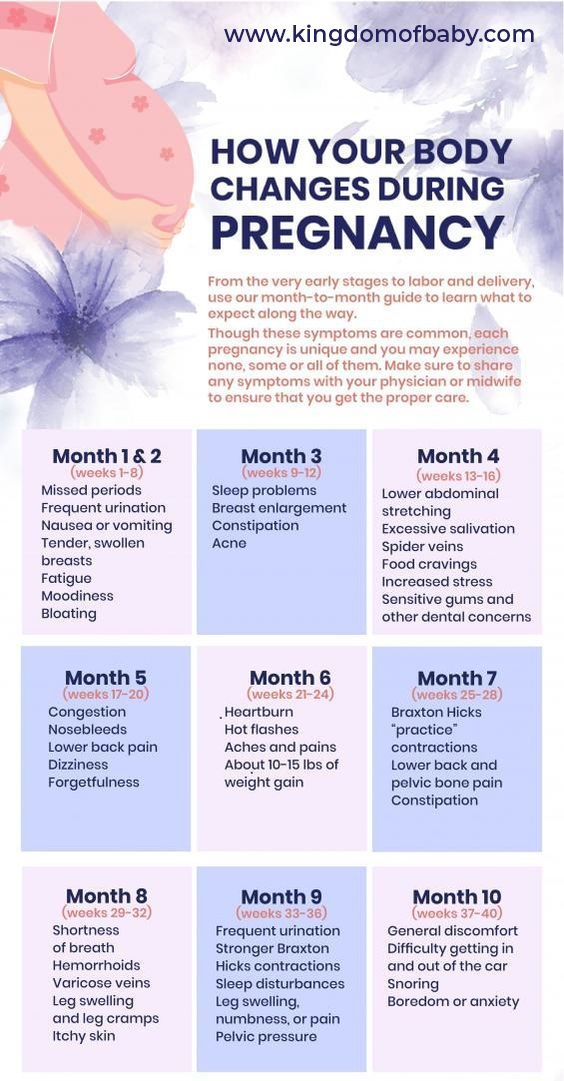 nine0003
nine0003
be careful
Some medications, especially antispasmodics (drugs that relieve spasms of the smooth muscles of internal organs), such as No-shpa , Papaverine , relax the esophageal sphincter and thus contribute to heartburn. Some herbs, such as mint, also work. Tight clothing under the chest (elastic bands, belts), a change in body position (tilts, turns) can also cause heartburn.
In general, every expectant mother can carefully observe herself and identify her personal cause of heartburn, then it will be much easier to deal with it. nine0003
old remedy
Baking soda is often used to treat heartburn. It really helps to relieve the unpleasant burning sensation very quickly, but at the same time it does not last long. In addition, when soda interacts with gastric juice, carbon dioxide is formed, which irritates the stomach - as a result, new portions of hydrochloric acid are produced and heartburn resumes. It turns out that a teaspoon of soda in a glass of water instantly relieves heartburn, but in response to taking soda, the next time the heartburn attack will be even stronger.